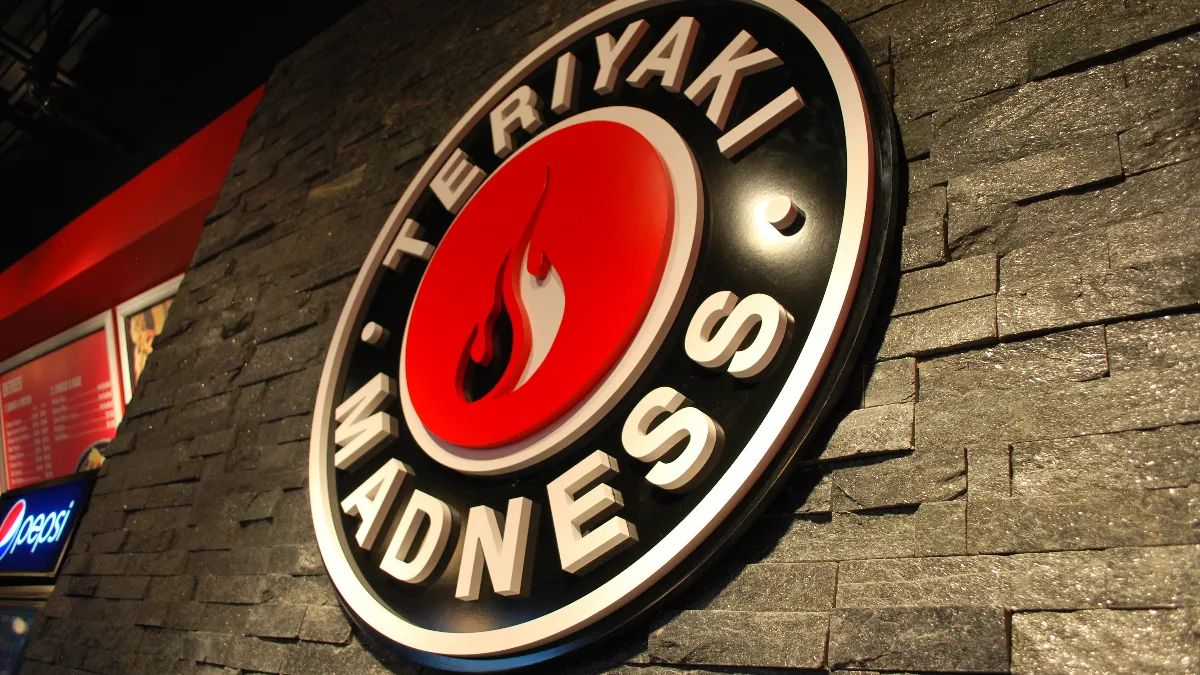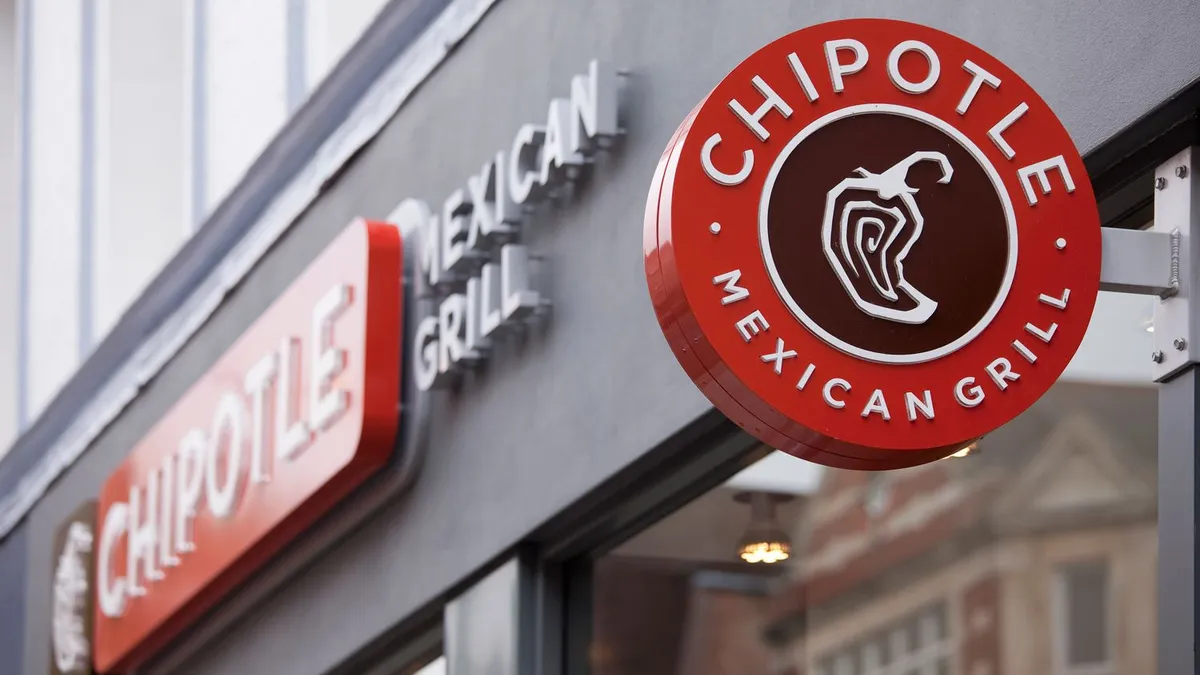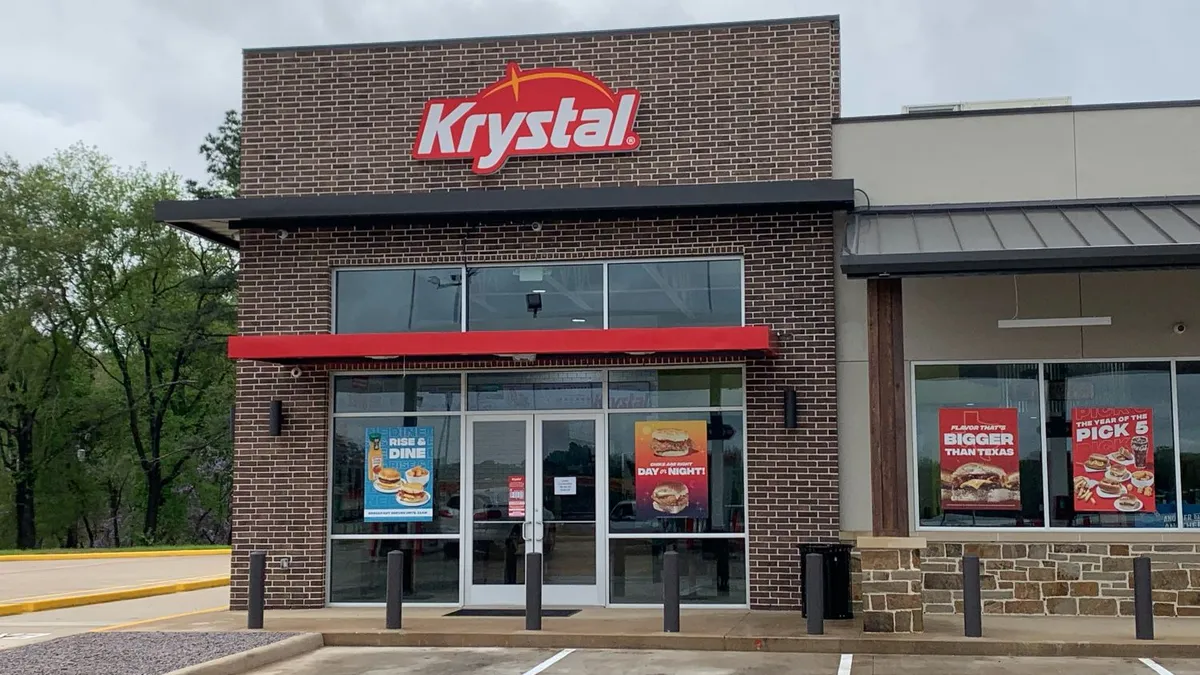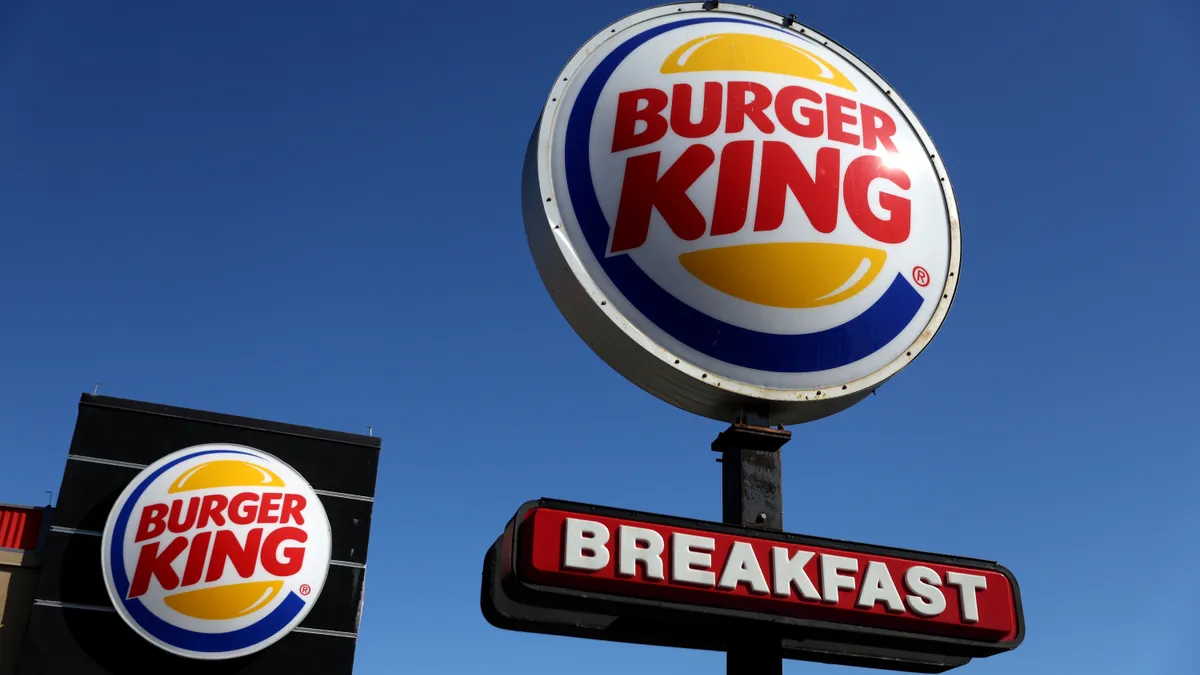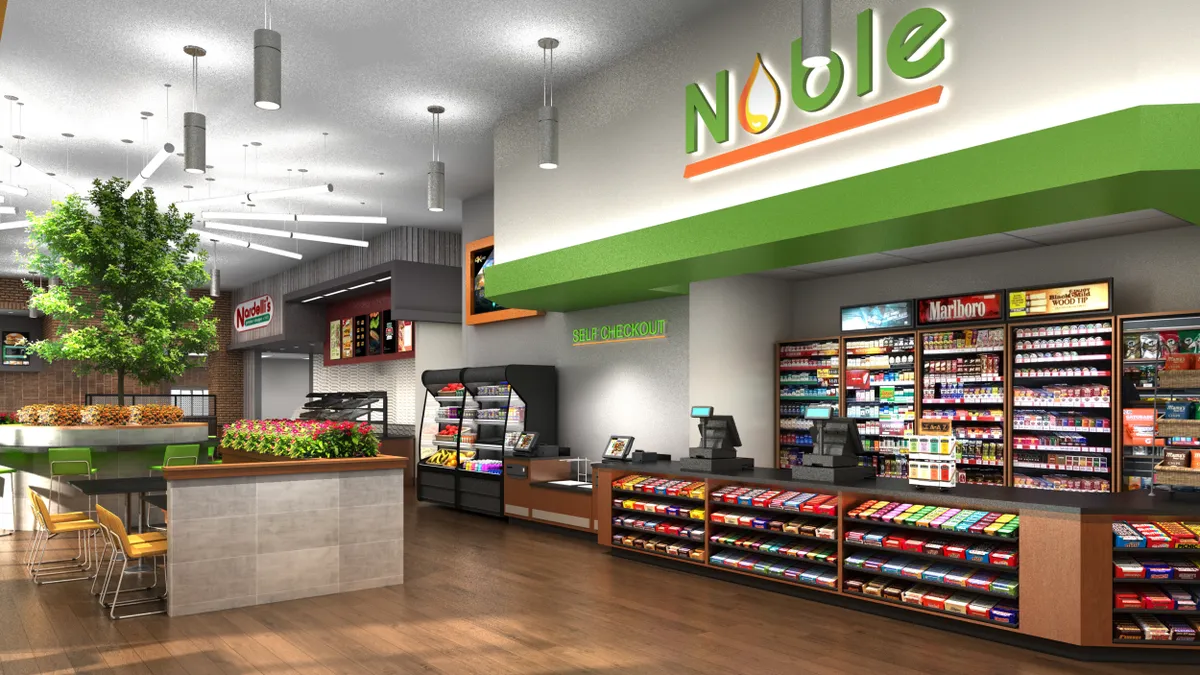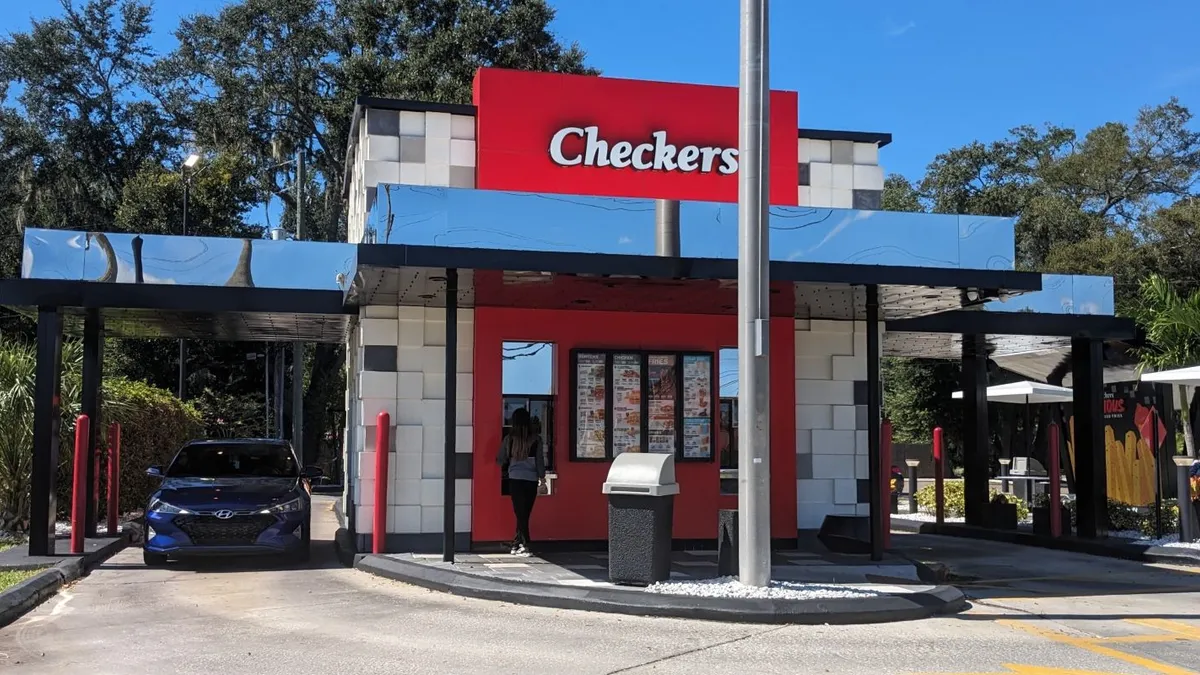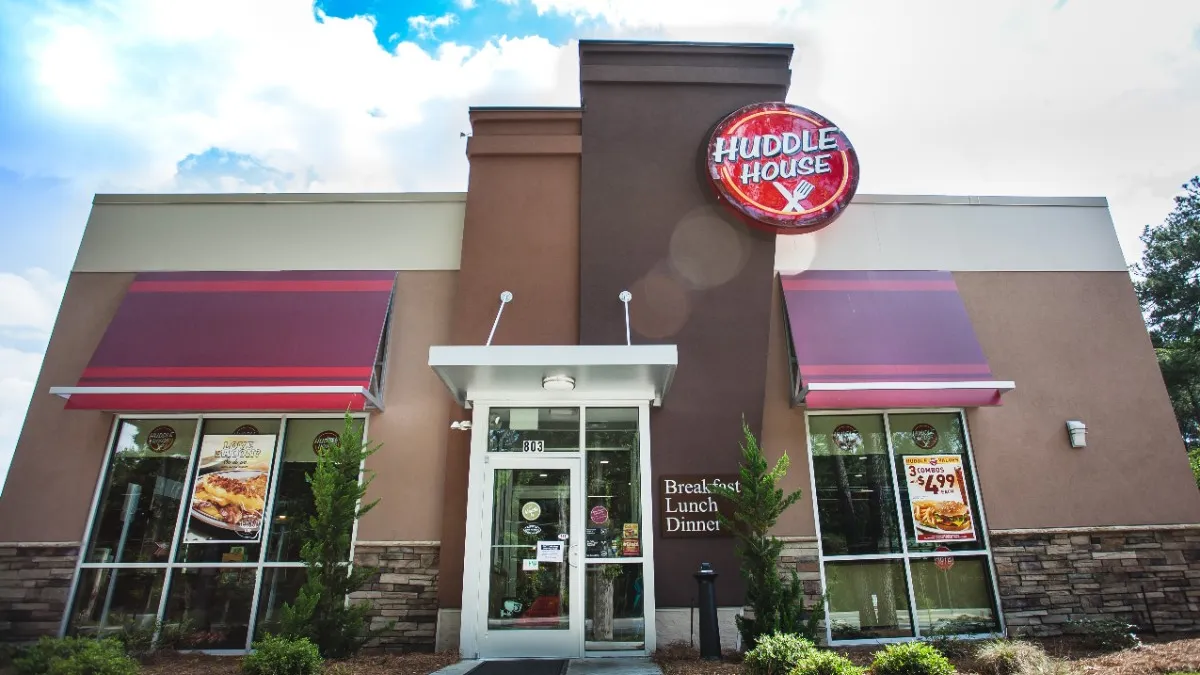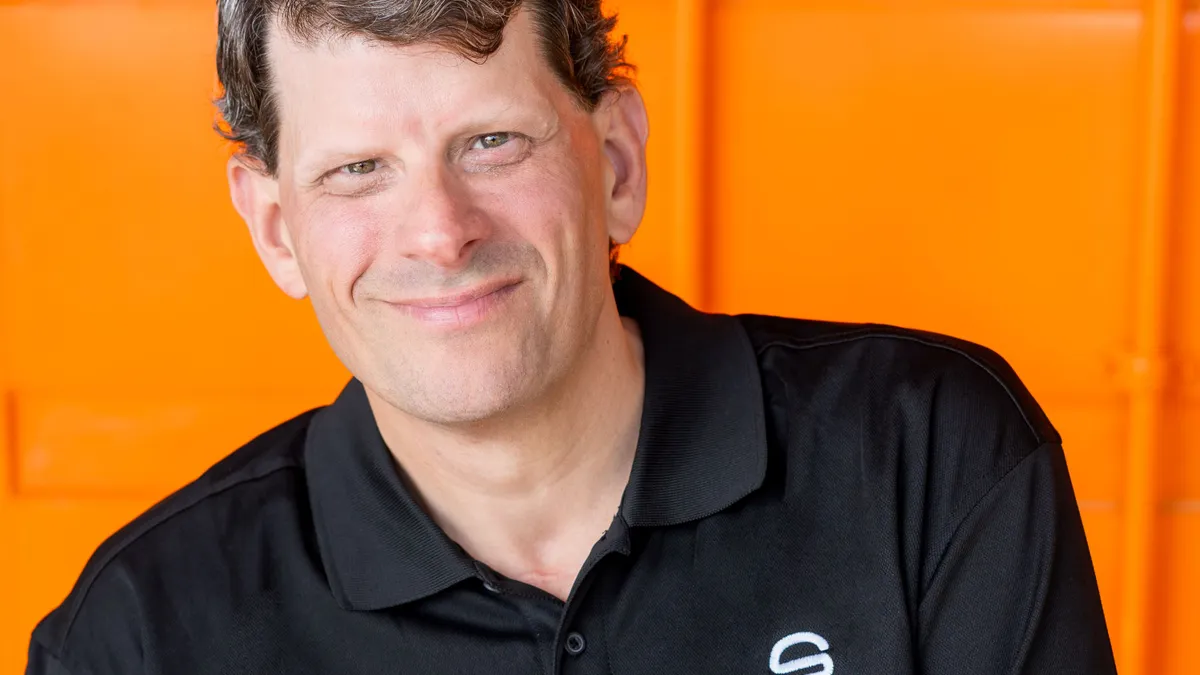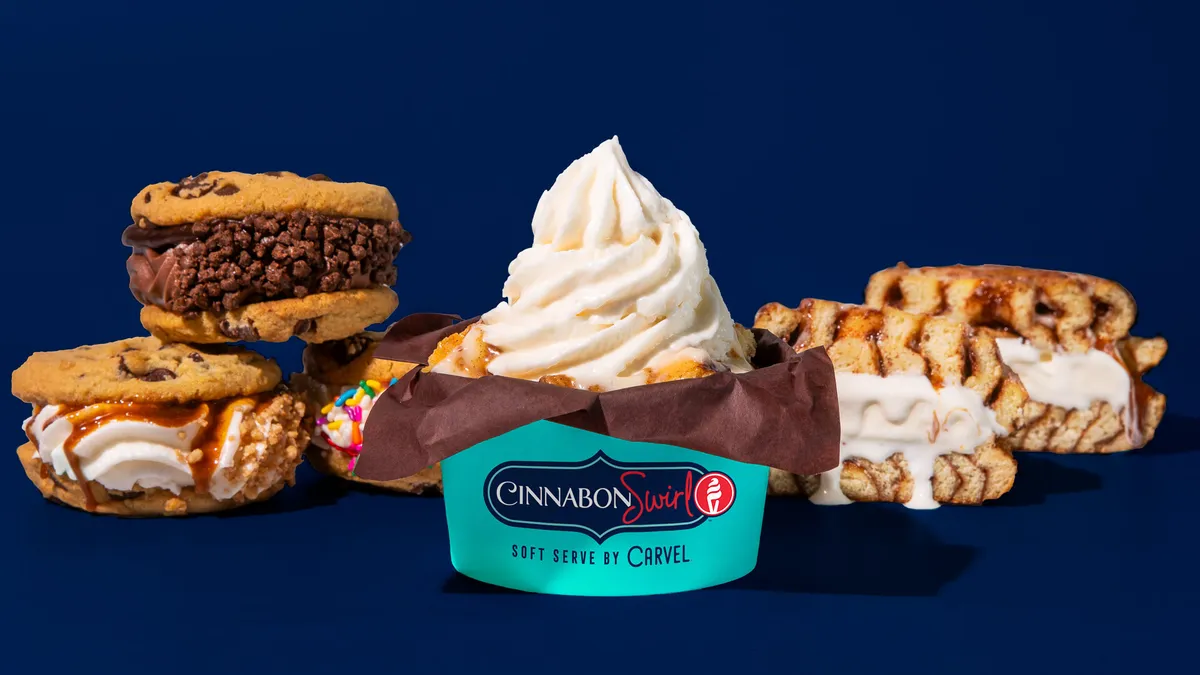Editor’s note: This article is part of an ongoing franchise series, which highlights brands that are new to or aggressively expanding via franchising. Is your restaurant starting to franchise? Email us at [email protected].
When Teriyaki Madness co-founders Rod Arreola, Alan Arreola and Eric Garma went to college in Seattle, teriyaki was on every corner. The two brothers and their cousin learned the ropes about this business by working at their favorite mom-and-pop shop during that time, and opened their first Teriyaki Madness in 2003 in Las Vegas, Jodi Boyce, Teriyaki Madness chief marketing officer, said. In 2012, Teriyaki Madness CEO Michael Haith, who has over 30 years of experience in franchising and investing, started investing in Teriyaki Madness and later bought out the founders.
While Teriyaki Madness has been franchising for several years, the company still has the feel of a startup, Boyce said. Under Haith’s leadership, the company built out technology and operations processes to help support growth. These initiatives included integrating with digital ordering and delivery platform Olo to help the company collect consumer data, Boyce said.
The company developed an extensive training program to help people from diverse backgrounds to open a restaurant, Boyce said. Once an operator signs on, they visit the Denver office for a week of classroom training, where they learn skills including how to read P&L data and how to use the different marketing programs available to them, she said. Teriyaki Madness offers a learning system for operators to take lessons, watch videos, and take quizzes and tests. This system is also available for employee training later on. After initial training, operators have weekly calls with corporate leading up to the grand opening of their location. Prior to opening, the franchisee will come to Denver for 10 days for hands-on-training that includes working every position in a local Teriyaki Madness shop, she said.
Teriyaki Madness’ systems and franchisees were put to the test during the COVID-19 pandemic; it saw sales drop 50% to 60% in the early months of restaurant lockdowns. Given the technology it already had in place — including its app, third-party delivery and online ordering — the company fully recovered by June 2022 and sales have been growing in the double-digits ever since, Boyce said.
Just before the pandemic hit, Teriyaki Madness launched a catering program. It pivoted the program to allow customers to purchase a catered meal, also known as a Teriyaki Bar, for doctors, nurses and hospitals, and served 6,000 doctors within the first few weeks. This program kept a lot of its workers employed, Boyce said. As catering demand shifted back to office workers, the program has exploded in popularity, he said. As of Q3 2022, Teriyaki Madness’s catering grew 275% year-over-year.
Over the last few years, the company has attracted multi-unit operators, and current franchise owners are opening their second, third or fourth locations, Boyce said. This trajectory has pushed the restaurant to expect 60 unit openings this year, double what it opened in 2022 when the chain reached 130 units.
“We’re able to, basically with our pipeline, to get to 500 open shops in the next few years because it’s growing exponentially,” Boyce said. “It just doesn’t stop. … Our development plans could really explode [this year]. Once it catches on, it spreads like wildfire.”
In addition to its positive sales momentum, the company doesn’t require pricey real estate, he said. Teriyaki Madness can open in small, inline locations. The ideal square footage for a store is 1,500 to 1,600 square feet, but it can operate in spaces as small as 900 square feet, Boyce said. With a large percentage of the chain’s sales generated via off-premise — as much as 85% today — the company realized it didn’t need to have large dining rooms, Boyce said.
Franchisees are opening locations quickly. An operator who is targeting 25 units opened two units in Arizona and Florida two weeks apart, she said. Teriyaki Madness has engaged Bialow Real Estate to help with site selection, which helps franchisees open new restaurants quickly.
“We’re signing leases faster than we’ve ever signed before,” Boyce said.
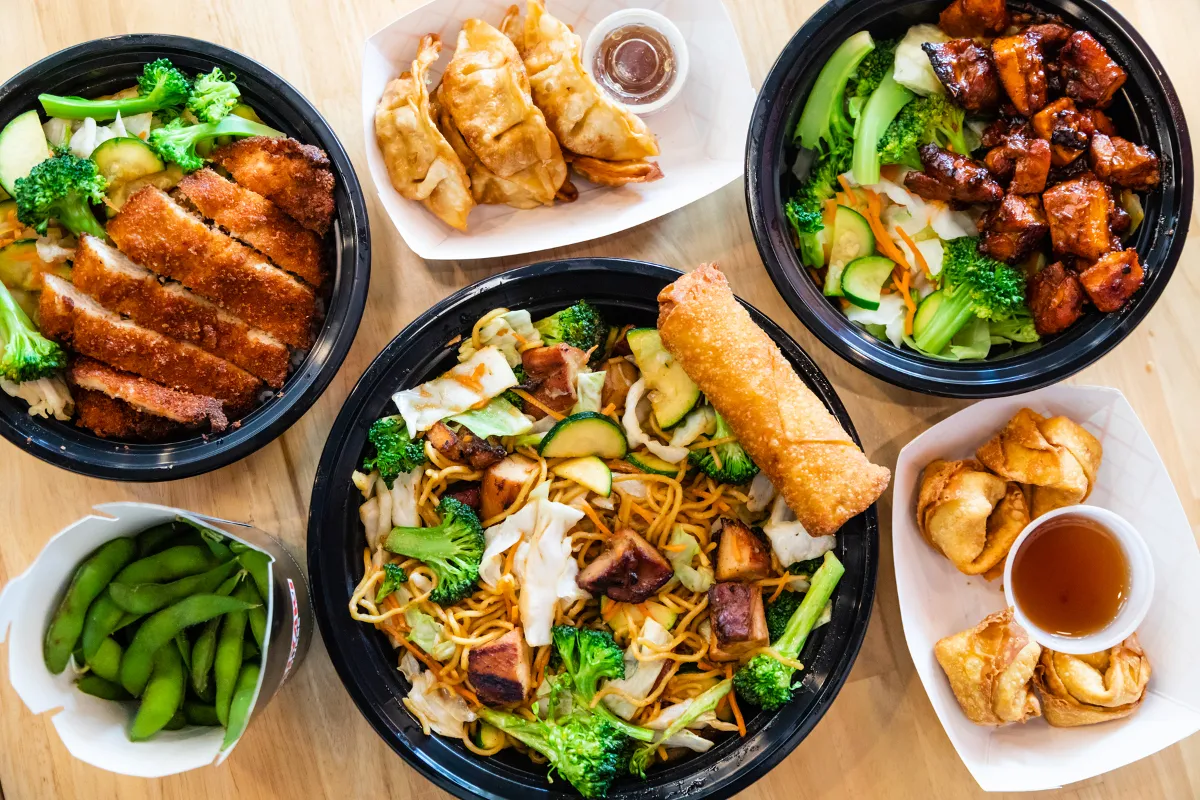
Development plans: While the company will open wherever a franchisee wants to operate, it is focused on several markets in 2023, including Dallas-Fort Worth, Houston, Denver, Northern and Southern California, Phoenix, Chicago, Northern and Southern New Jersey, Miami, Orlando and the greater Northeast, including Boston, Connecticut and New York.
Ideal franchisees: Teriyaki Madness will consider candidates with little to no restaurant experience, Boyce said. One of its most successful franchisees was a craps dealer in Las Vegas who now owns four locations, she said. The chain has started to attract interest from multi-unit operators who want to buy 25 units and open them over a five- to six-year period, Boyce said, adding that the company will tailor training based on franchisee experience.



